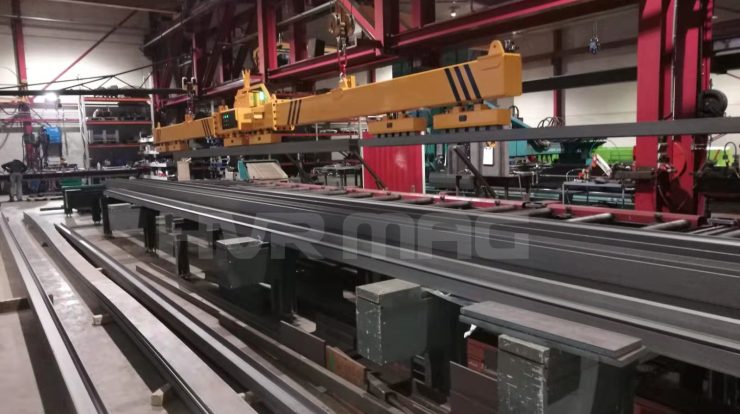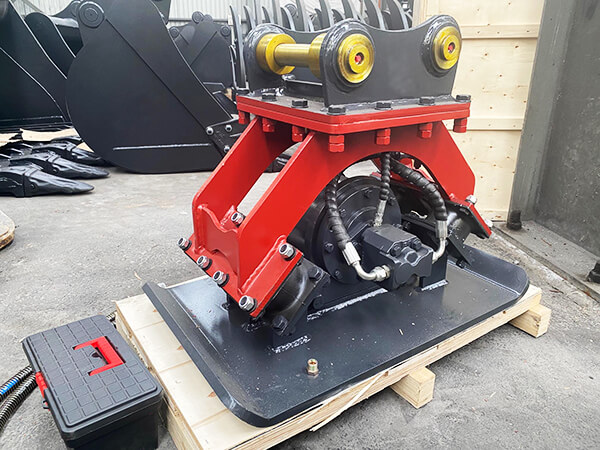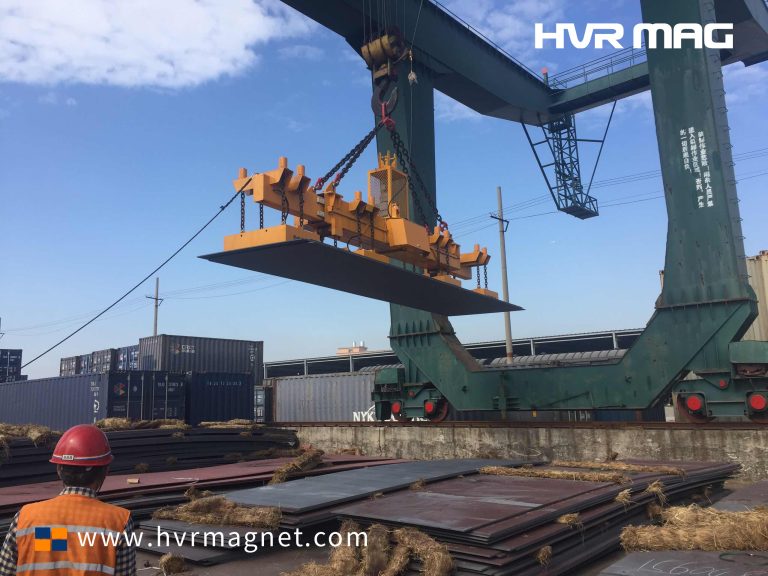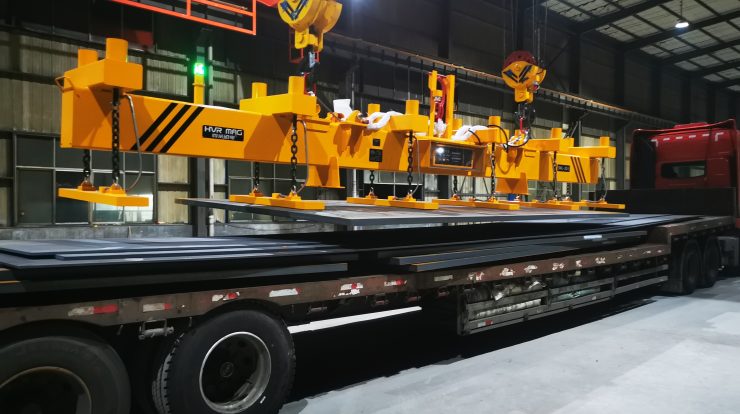4 Reasons to Have a Generator Set in Hospitals
electric forklift charging station
types of forklift attachments
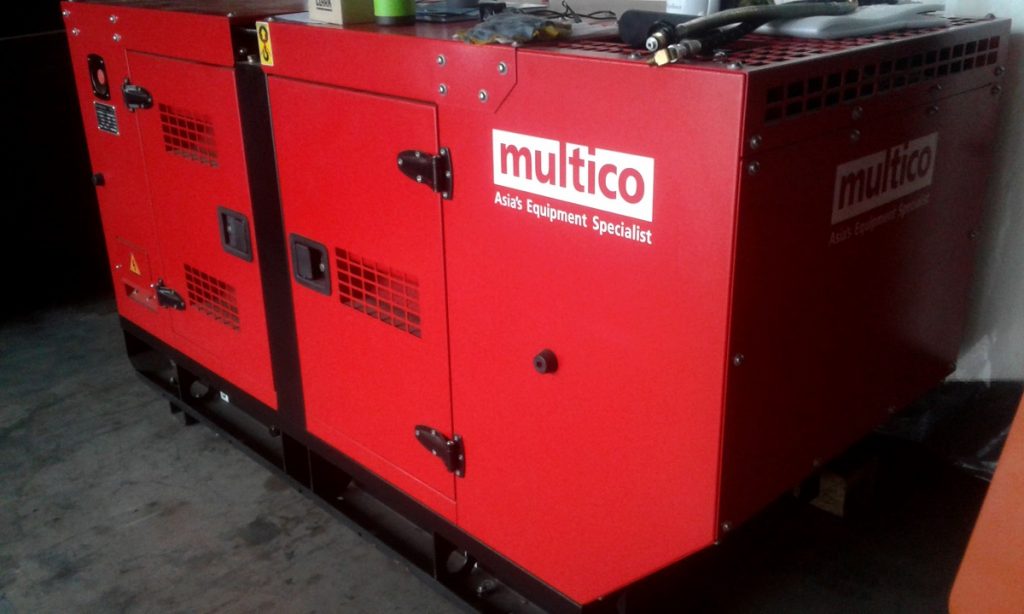
4 Reasons to Have a Generator Set in Hospitals
February 26, 2021
What are the reasons to have a generator set in hospitals?
- Emergency power supply
- Avoid downtimes
- Prevent the loss of communication
- Comply with emergency power regulations
During natural disasters and emergencies, hospitals have to be up and running in order to cater to patients and staff. A sudden loss of power that can’t immediately be managed can endanger everyone, including staff, and may lead to life-threatening situations. As such, hospitals, medical centers, and healthcare facilities see to it that the power supply to their facilities is consistent. They understand that there are so many reasons to have a hospital genset or generator set as a way of making sure that electrical supply is provided, even when power lines are down.
In the Philippines, there have been circulations that set the criteria for measuring hospital preparedness during such emergencies. One of these is the “Safe Hospitals in Emergencies and Disasters: Philippine Indicators” which was released by the Department of Health’s Health Emergency Management Staff. Aside from compliance with global disaster risk reduction frameworks, the aim of the circulation was to highlight how hospitals can be prepared — one of which is through a reliable generator set.
Knowing all of these, having generator sets in hospitals poses a number of advantages: it avoids downtimes, protects patients and staff, prevents loss of communication, and is a cost-effective solution for continuous power supply. Read on to learn more.
Emergency Power Supply
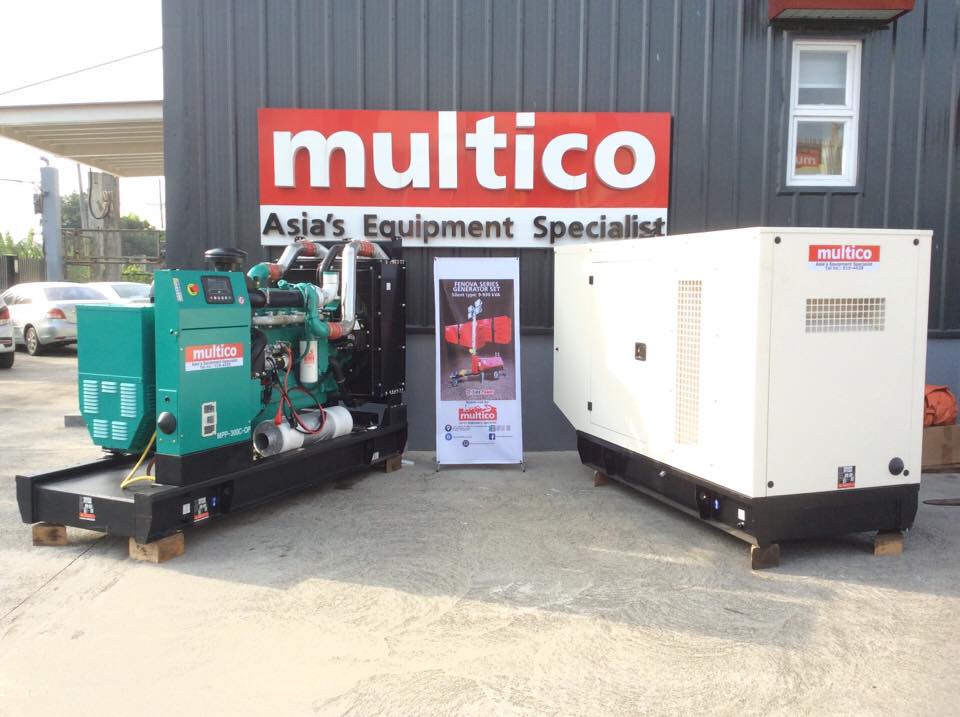
One major advantage of a generator set for hospitals is that it provides an emergency power supply even during disasters such as flooding, inclement weather, and storm surges. During such events, power lines may go down and it may take power line technicians a few days or even up to a week to get them up and running again.
In hospitals, an emergency power supply is critical. Hospitals rely on medical devices and other equipment that have to be electrically powered in order to work. This equipment may range from defibrillators, patient monitors, CT scans, X-ray detectors, sterilizers, electrosurgical units, overhead lights, and the like. A generator set that meets a hospital’s power requirements can easily help avoid any life-threatening situations — such as a sudden outage in an operating or emergency room.
Avoid Downtimes
Hospital downtimes may cost an average of upwards of Php 30,000,000. Although the cost is staggering, the expense goes beyond just that. When the lives of individuals are involved, downtimes are a serious issue. Although hospital staff may be prepared for disaster management and emergency protocols for patients, none of these would be of value without any electrical supply that can support their efforts.
To prevent downtimes, hospitals have to continually rely on a dedicated generator set to keep them afloat. This allows all the departments to continue running seamlessly, whether it be outpatient, the ICU, cardiology, or emergency rooms.
Aside from these departments, continuous uptime also allows hospital administrative staff to continue working. They can accept patients without worry about supporting them. More than just that, they’d also be able to access patient records and any medical documents stored in computers. Not only will hospitals mitigate any losses due to non-productivity, but they’ll also be able to provide their services more safely and efficiently.
Prevent Loss of Communication
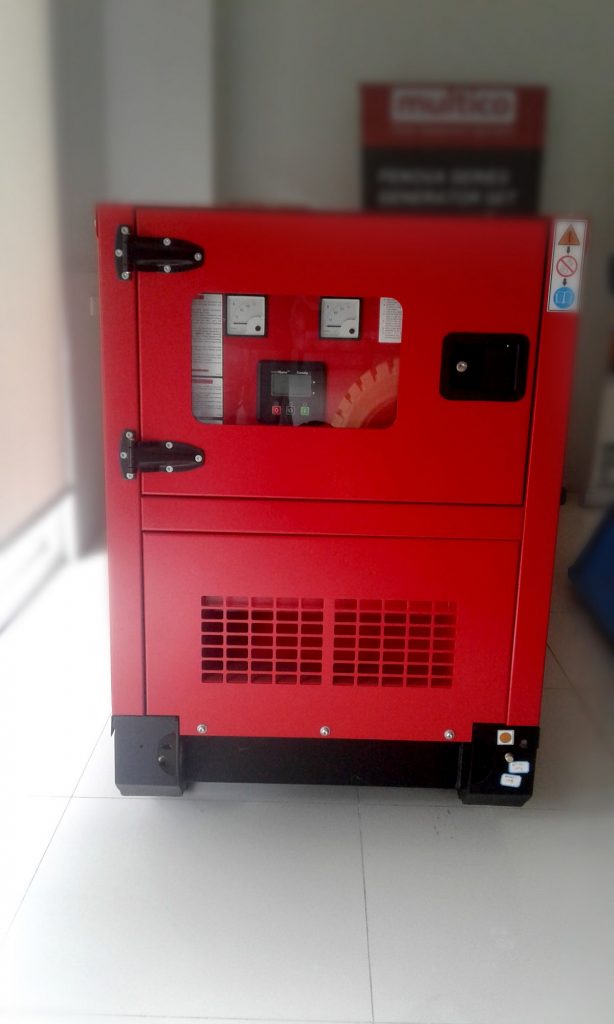
During storms, communication is arguably the most important factor that can help save lives. While there may be prior storm predictions by weather bureaus and local government agencies, these are all subject to change due to the unpredictability of this natural event.
As such, hospitals would benefit from a generator set by ensuring that they prevent a loss of communication between them and local government authorities. This is an important consideration in times of emergency evacuations or storm warnings, where the staff has to be kept posted about any flood hazards in the hospital’s location.
With fully-powered systems made possible by generator sets, hospitals can stay up-to-date on the latest updates regarding natural disasters. They can tune into the news on different platforms and likewise communicate with officials if needed, thus allowing them to take preventive safety measures.
Comply with Emergency Power Regulations
As mentioned before the DOH’s Emergency Management Staff have released several guidelines on hospital safety during emergency situations and other disasters. One of these criteria is to ensure the functioning of “…Lifeline Facilities” which can be made possible by proper generator installation and use.
According to the guidelines, hospitals should be able to rely on a backup power supply that can meet 100% of their needs, at whatever capacity level. The guidelines also state that the generators should be located in a safe housing zone within the facility, where they’ll be free from any physical damage.
Ultimately, hospitals would benefit from investing in a generator set, primarily to meet these standards. Beyond that, however, having a generator set means these healthcare facilities will continue providing services to patients and to those who may require them.
Key Takeaway
As outlined in the short guide, some of the reasons to have a hospital genset are the following: to avoid downtimes, have an emergency power supply, prevent loss of communication, and comply with government guidelines and directives.
A generator set is one important piece of equipment that should be more commonplace in these facilities in order to keep services up and running. As hospitals continue to be inundated with a variety of health-related cases, part of their efforts should be dedicated to coming up with an emergency supply. Having a generator set is one way to do that and to make sure that hospitals can meet all of their power load requirements.

